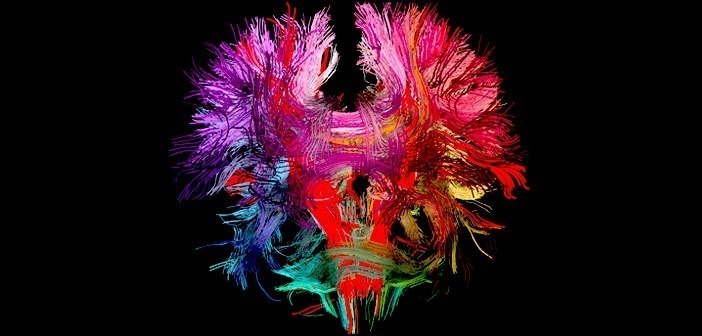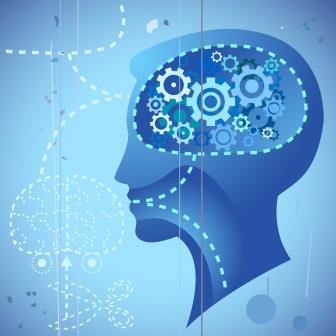Posts Tagged ‘mental-exercises’
With pharma exiting Alzheimer’s research, new hope (and urgency) seen in the combination of brain training and transcranial direct current stimulation (tDCS)
___ What does the future hold for the war on Alzheimer’s? (The Globe and Mail): “After spending huge sums on clinical trails in recent years, the pharmaceutical industry has failed to find a drug that can halt the mind-robbing disease. And this month, Pfizer announced it is ending its Alzheimer’s research, although other companies haven’t thrown…
Read MoreFact: Lifelong neuroplasticity means our 7.5 billion brains can “sculpt” themselves
— Much ongoing brain health and brain enhancement innovation is enabled by the core fact—called neuroplasticity–that the human brain continually changes itself through experience. Neuroplasticity–or brain plasticity– refers to the brain’s ability to rewire itself based on experience by generating new neurons and by forming new connections between neurons, among other factors. It was believed for…
Read MoreWitnessing an explosion of consumer-facing neurotechnologies to (potentially) harness lifelong neuroplasticity
— Last week I shared some key scientific, technological and investment trends revolutionizing Brain Health, based on my participation at the 2016 SharpBrains Virtual Summit, and promised a second article more focused on the technology side of things. Here it is :-) Just a few weeks after the SharpBrains Summit I also attended CES 2017. While I enjoyed the myriad emerging…
Read MoreQuick brain teasers to train your attention and working memory
— Here you have a few fun mental exercises to train your attention and working memory (the capacity to hold multiple pieces of information in the mind, and to use them real-time). Given them a try today and over the weekend…they are not as easy as they may sound! Say the days of the week backwards, then in alphabetical…
Read MoreTraining Young Brains to Behave
Great article in the New York Times titled Training Young Brains to Behave. A couple of quotes: — “But just as biology shapes behavior, so behavior can accelerate biology. And a small group of educational and cognitive scientists now say that mental exercises of a certain kind can teach children to become more self-possessed at…
Read MorePhysical Exercise and Brain Health
Physical exercise enhances cognitive abilities and promote brain health and enhances brain performance.
Read More



